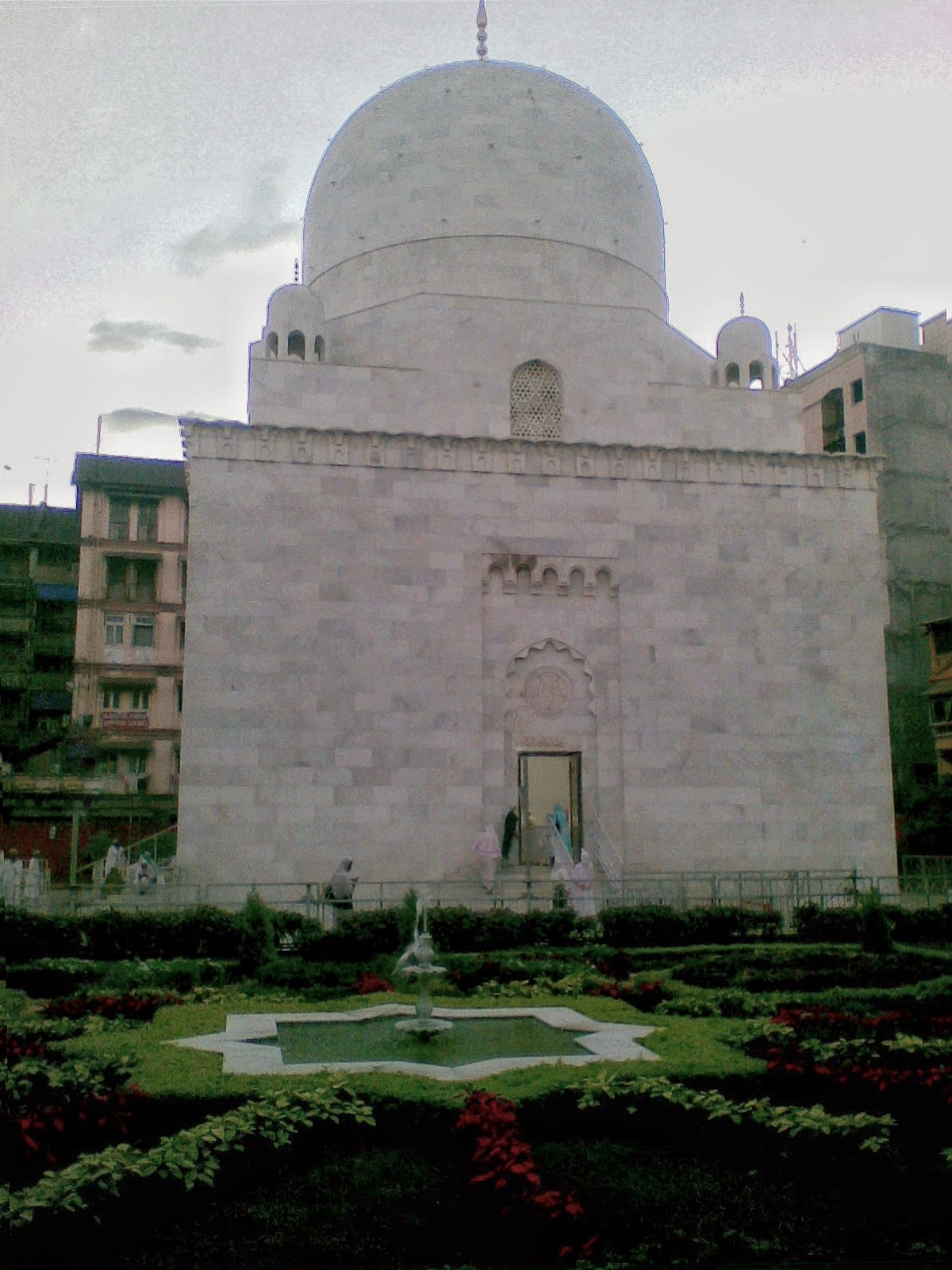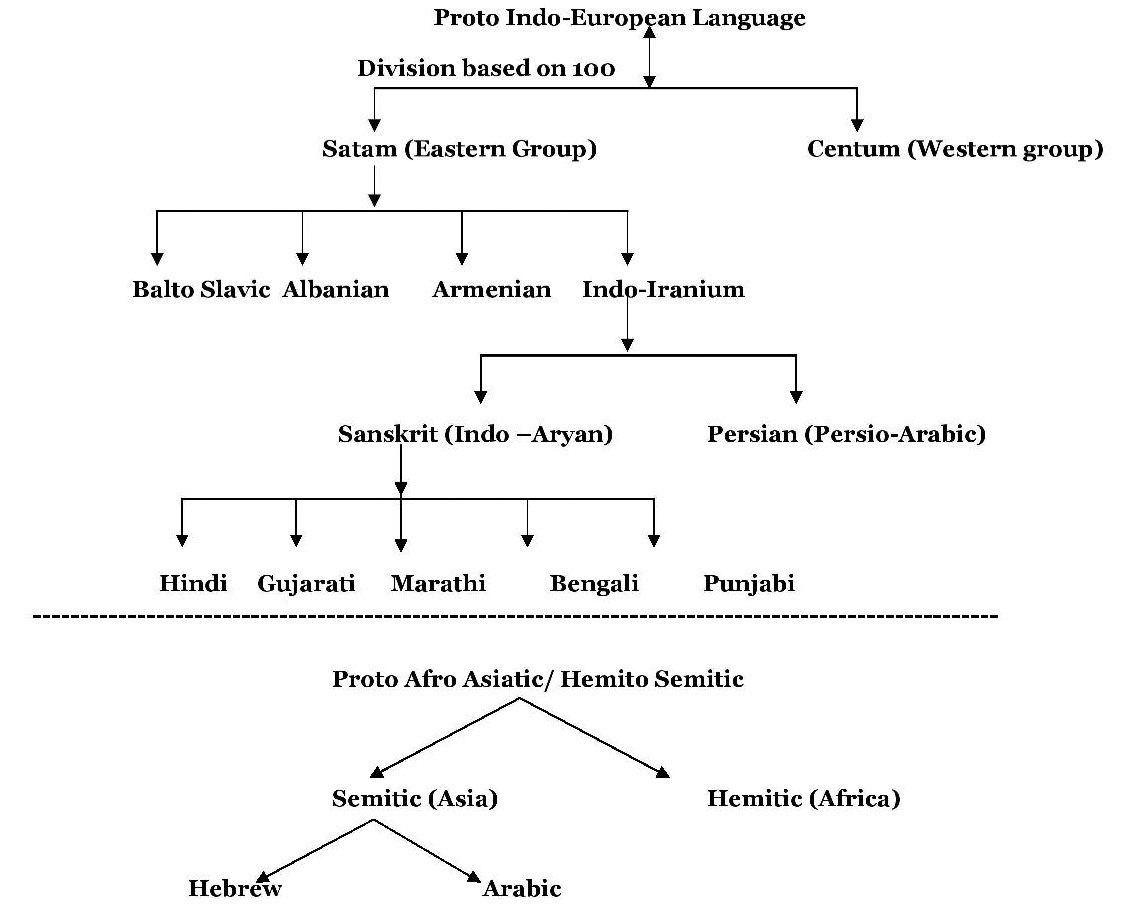|
53rd Syedna Succession Controversy (Dawoodi Bohra)
The 52nd Da'i al-Mutlaq of the Dawoodi Bohras, Mohammed Burhanuddin died in January 2014. As per the tenets of the sect each predecessor is required to nominate his successor prior to his death. Following his death, a question on succession arose where two rival claimants emerged for the title of 53rd Dā'ī al-Mutlaq: his son, Mufaddal Saifuddin, and his half-brother, Khuzaima Qutbuddin, who was previously ''Mazoon'' of the Dawoodi Bohra. The challenge created a divide in the community with the vast majority aligning with Mufaddal Saifuddin whilst a small number aligned with Khuzaima Qutbuddin. Mufaddal Saifuddin assumed control of the Dawoodi Bohra administration and infrastructure. He is largely accepted as the Bohras' leader by government and other public bodies. The UK Charity Commission has stated in writing, that "our view is that His Holiness Syedna Mufaddal Saifuddin is the current incumbent of the office of Dai al-Mutlaq." Overview Prior to 2014, Mohammed Burhanu ... [...More Info...] [...Related Items...] OR: [Wikipedia] [Google] [Baidu] |
Da'i Al-Mutlaq
The term Da'i al-Mutlaq ( ar, الداعي المطلق, al-Dā'ī al-Mutlaq; pl. , ) literally meaning 'the absolute, or unrestricted, missionary', is the most senior spiritual rank and office in Tayyibi Isma'ilism. The Da'i al-Mutlaq has headed the Tayyibi community since the seclusion of the 21st Tayyibi Imam, at-Tayyib Abu'l-Qasim, traditionally placed in 528 AH/1134 AD. According to Tayyibi Isma'ili tradition, in the Imam's absence, the Da'i al-Mutlaq is the faith's highest authority; i.e., the Da'i al-Mutlaq holds the same authority as the Imam. Before the seclusion of al-Tayyib, the Da'i al-Mutlaq operated under the direct orders of the Imam and his trusted associates in regions where Isma'ili faithful were present, either living openly propounding their faith, or secretly due to fear of persecution. In Yemen, after the seclusion of the Imam, the Da'i was given the authority of Itlaaq (إطلاق), or free conduct, and absolute religious and social authority, under th ... [...More Info...] [...Related Items...] OR: [Wikipedia] [Google] [Baidu] |
Raudat Tahera
Raudat Tahera ( ar, روضة طاهرة ''Rawḍat Ṭāhira'') is the mausoleum of Taher Saifuddin and his son and successor Mohammed Burhanuddin, the 51st and 52nd Dāʿī al-Mutlaqs of the Dawoodi Bohra Ismaili Muslims. Taher Saifuddin led the Dawoodi Bohra community from 27 January 1915 to his sad demise on 12 November 1965. He was succeeded by his son, Mohammed Burhanuddin, who led the community from 12 November 1965 to his sad demise on, 17 January 2014. Geography The white-marbled Fatemi shrine is located in the midst of Bhendi Bazaar, a crowded area in central Mumbai. It was constructed by Syedna Mohammed Burhanuddin, and its architect was Yahya Merchant, who also designed the Mazar-e-Quaid in Karachi, Pakistan. History Construction on Rawdat Tahera began on 10 December 1968, which coincided with the date of 21 Ramadan 1388 of the Fatimid Calendar, the death anniversary of Ali, and was inaugurated on 15 April 1975 by the president coinciding with the birthday celebr ... [...More Info...] [...Related Items...] OR: [Wikipedia] [Google] [Baidu] |
Mumbai High Court
The High Court of Bombay is the high court of the states of Maharashtra and Goa in India, and the union territory of Dadra and Nagar Haveli and Daman and Diu. It is seated primarily at Mumbai (formerly known as Bombay), and is one of the oldest high courts in India. The High Court has regional branches at Nagpur and Aurangabad in Maharashtra and Panaji, the capital of Goa. The first Chief Justice, the Attorney General and Solicitor General of Independent India were from this court. Since India's Independence, 22 judges from this court have been elevated to the Supreme Court and 8 have been appointed to the office of Chief Justice of India. The court has Original Jurisdiction in addition to its Appellate. Judgements issued by this court can be appealed ''only'' to the Supreme Court of India. The Bombay High Court has a sanctioned strength of 94 judges (71 permanent, 23 additional). The building is part of The Victorian and Art Deco Ensemble of Mumbai, which was added to t ... [...More Info...] [...Related Items...] OR: [Wikipedia] [Google] [Baidu] |
Lisan Al-Dawat
Lisaan ud-Da'wat or ''Lisaan o Da'wat il Bohra'' or ''Lisan ud-Dawat'' ( ar, لسان الدعوة, lit=language of the Da'wat, ''da'wat ni zabaan''; abbreviated LDB) is the language of the Dawoodi Bohras and Alavi Bohras, two Isma'ili Shi'a Muslim communities primarily in Gujarat, following the Taiyebi"Taiyebi" refers to the 21st Imam at-Taiyeb from the progeny of Lady Fatimah, the daughter of Prophet Mohammmad. After the seclusion of at-Taiyeb, the doctrines that emerged and propagated by his missionaries in Yemen is followed by Bohra communities of Gujarat doctrines and theology. The language is based on a Neo-Indo-Aryan language Gujarati, but incorporates a heavy amount of Arabic, Urdu, and Persian vocabulary and is written in the Arabic script '' naskh'' style. Originally a ritual language, since the period of the missionaries- in Ahmedabad around 1005 AH/1597 AD it has also been propagated as the vernacular language for members of the Bohra communities, but the vers ... [...More Info...] [...Related Items...] OR: [Wikipedia] [Google] [Baidu] |
The Times Group
Bennett, Coleman and Company Limited, (abbreviated as B.C.C.L. and d/b/a The Times Group), is an Indian media conglomerate headquartered in Mumbai, Maharashtra. The company remains a family-owned business with Sahu Jain family owning a majority stake in The Times Group. History On 3 November 1838, the ''Bombay Times and Journal of Commerce'' was first published, a predecessor of what would become ''The Times of India''. While starting as a biweekly paper, it was converted to a daily in 1850. In 1859 the paper was merged with two other papers into the ''Bombay Times and Standard'' under editor Robert Knight. Two years later, in 1861, the paper got a more national scope with the title ''The Times of India''. Subsequently the paper saw its ownership change several times until 1892 when an English journalist named Thomas Jewell Bennett along with Frank Morris Coleman (who later drowned in the 1915 sinking of the SS ''Persia'') acquired the newspaper through their new joint sto ... [...More Info...] [...Related Items...] OR: [Wikipedia] [Google] [Baidu] |
Ramadan
, type = islam , longtype = Religious , image = Ramadan montage.jpg , caption=From top, left to right: A crescent moon over Sarıçam, Turkey, marking the beginning of the Islamic month of Ramadan. Ramadan Quran reading in Bandar Torkaman, Iran. Community Iftar meal in Dubai, United Arab Emirates, Tarawah prayers in a mosque in West Sumatra, Indonesia. Foods served at a traditional Iftar meal. Ramadan decorations in Jerusalem. Zakat donation boxes in Taipei, Taiwan. , official_name = , observedby = Muslims , begins = At the last night of the month of Sha'ban , ends = At the last night of the month of Ramadan , date = Variable (follows the Islamic lunar calendar) , date2022 = 2 April – 2 May , celebrations = Community iftars and Community prayers , observances = * Sawm (fasting) * Zakat and sadaqah (alms giving) * Commemorating Qadr Night * Reading the Quran * Abstaining from all bad deeds and staying humble * Taraweeh prayer (Sunni Muslims) , relatedto = Eid a ... [...More Info...] [...Related Items...] OR: [Wikipedia] [Google] [Baidu] |
Northolt
Northolt is a town in West London, England, spread across both sides of the A40 trunk road. It is west-northwest of Charing Cross and is one of the seven major towns that make up the London Borough of Ealing. It had a population of 30,304 at the 2011 UK census. History The earliest record of Northolt is in 872 as the Anglo Saxon ''norð healum'', where norð is North and healum (or hale) is ''a nook, corner, or retreat'',. By 1610, the Name Northolt appears, with in this case, holt having no relationship with 'wood', but an evolution of hala, hale, hal, hall, halle and holt. Archaeological evidence suggests that the settlement's origin was an 8th-century Saxon village close to Northolt Manor behind the present Court Farm Road. It is mentioned in the ''Domesday Book'' as Northala, part of the Elthorne Hundred in the historic county of Middlesex, England. In 1066 the lord was Esger the constable, and in 1086 was Geoffrey de Mandeville. Northolt Manor itself was built in th ... [...More Info...] [...Related Items...] OR: [Wikipedia] [Google] [Baidu] |
Š-L-M
Shin-Lamedh-Mem is the triconsonantal root of many Semitic words and many of those words are used as names. The root meaning translates to "whole, safe, intact, unharmed, to go free, without blemish". Its earliest known form is in the name of Shalim, the ancient god of dusk of Ugarit. Derived from this are meanings of "to be safe, secure, at peace", hence "well-being, health" and passively "to be secured, pacified, submitted". *Central Semitic ''Š-L-M'' ** ar, س-ل-م, ''S-L-M'' *** mt, S-L-M ** arc, ܫ-ܠ-ܡ, ''Š-L-M'' **Canaanite: ''Š-L-M'' (c.f. Shalem) **Hebrew: , ''Š-L-M'' (Paleo-Hebrew 𐤔-𐤋-𐤌) * East Semitic ''S-L-M'' *South Semitic "S-L-M" ** gez, ሰ-ላ-ም, ''S-L-M'' Arabic (), Maltese ''sliem'', Hebrew Shalom (), Ge'ez (), Syriac ''šlama'' (pronounced Shlama, or Shlomo in the Western Syriac dialect) () are cognate Semitic terms for 'peace', deriving from a Proto-Semitic '' *šalām-''. Given names derived from the same root include Solomon ( ... [...More Info...] [...Related Items...] OR: [Wikipedia] [Google] [Baidu] |
The Asian Age
''The Asian Age'' is an English-language Indian daily newspaper with editions published in Delhi, Mumbai and Kolkata. It also prints an "international edition" in London. It was launched in February 1994. The same publishing company also produces the ''Deccan Chronicle ''Deccan Chronicle'' is an Indian English-language daily newspaper founded by Rajagopal Mudaliar in the 1930s & currently owned by Samagrah Commercial Pvt Limited. It is published in Hyderabad, Telangana, by Deccan Chronicle Holdings Limited ...''. See also * M. J. Akbar, founder and erstwhile editor-in-chief of ''The Asian Age'' until 2013. * T. Venkattram Reddy, editor-in-chief appointed in 2013. * Seema Mustafa, erstwhile resident editor and bureau chief of ''The Asian Age''. References External links * ''Asian Age'' ePaper [...More Info...] [...Related Items...] OR: [Wikipedia] [Google] [Baidu] |
Taher Fakhruddin
Taher Fakhruddin is the 54th Da'i al-Mutlaq of the Qutbi Bohras, a sect within Shia Islam. He is the son of Khuzaima Qutbuddin, the 53rd Syedna succession controversy (Dawoodi Bohra). After the death of the 52nd Da'i al-Mutlaq, Mohammed Burhanuddin, due to the succession controversy, two claimants emerged, Syedna Mufaddal Saifuddin and Khuzaima Qutbuddin Syedna Abu Taher Khuzaima Qutbuddin (5 June 1940 30 March 2016) was the 53rd Da'i al-Mutlaq of the Dawoodi Bohras, a subgroup within the Mustaali, Ismaili Shia branch of Islam. Qutbuddin was appointed as Mazoon by the Da'i al-Mutlaq, Syedna .... Followers of Khuzaima Qutbuddin regard Taher Fakhruddin as a rightly appointed Da'i al-Mutlaq whereas followers of Mufaddal Saifuddin do not recognise him as the Da'i al-Mutlaq. One of Taher Fakhruddin's major decisions was regarding the burial arrangements of his father and predecessor in office, Khuzaima Qutbuddin who died on 31 March 2016, where Taher Fakhruddin decided to ... [...More Info...] [...Related Items...] OR: [Wikipedia] [Google] [Baidu] |
The Indian Express
''The Indian Express'' is an English-language Indian daily newspaper founded in 1932. It is published in Mumbai by the Indian Express Group. In 1999, eight years after the group's founder Ramnath Goenka's death in 1991, the group was split between the family members. The southern editions took the name ''The New Indian Express'', while the northern editions, based in Mumbai, retained the original ''Indian Express'' name with ''"The"'' prefixed to the title. History In 1932, the ''Indian Express'' was started by an Ayurvedic doctor, P. Varadarajulu Naidu, at Chennai, being published by his "Tamil Nadu" press. Soon under financial difficulties, he sold the newspaper to Swaminathan Sadanand, the founder of '' The Free Press Journal'', a national news agency. In 1933, the ''Indian Express'' opened its second office in Madurai, launching the Tamil edition, '' Dinamani''. Sadanand introduced several innovations and reduced the price of the newspaper. Faced with financial difficul ... [...More Info...] [...Related Items...] OR: [Wikipedia] [Google] [Baidu] |
Nass (Islam)
''Nass'' ( ar, نَصّ, naṣṣ) is an Arabic word variously translated as "a known, clear legal injunction," a "divine decree", a "designation", "written law" as opposed to unwritten law, "canonical text" that forbids or requires, a "textual proof". In Shiah Islam (Twelver and Isma'ili), ''nass'' refers specifically to the designation of an infallible Imam Imam (; ar, إمام '; plural: ') is an Islamic leadership position. For Sunni Muslims, Imam is most commonly used as the title of a worship leader of a mosque. In this context, imams may lead Islamic worship services, lead prayers, serve ... by a previous infallible Imam. References Twelver theology Islamic terminology Ismailism {{shia-stub fa:نص ... [...More Info...] [...Related Items...] OR: [Wikipedia] [Google] [Baidu] |







